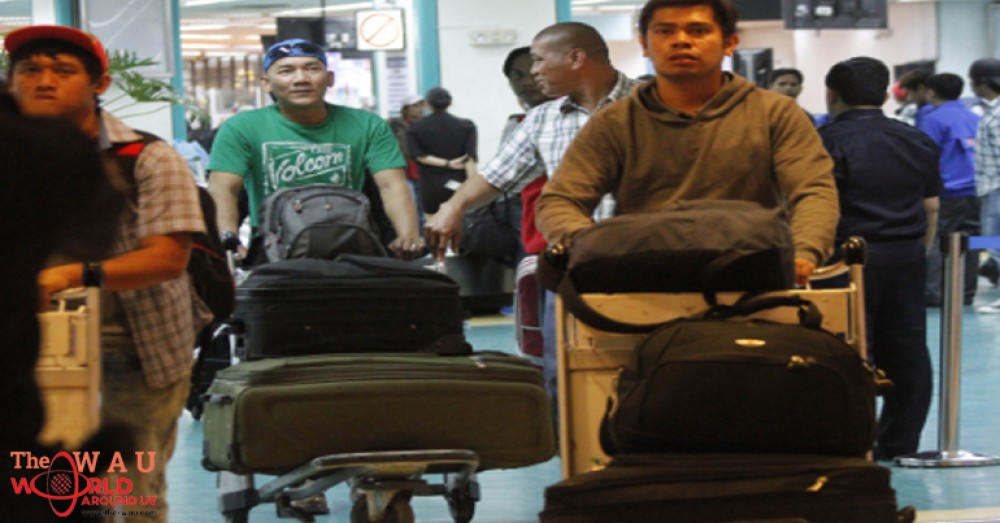Mohanad Faham is wondering whether the furniture showroom he manages in Riyadh can survive a drive to get more Saudis into work.
The business is already battling an economic downturn; its storefront is plastered with red signs advertising discounts of nearly 60 percent. Meeting a government directive to replace most of the foreign staff who dominate the retail sector with higher-paid Saudi nationals could push it over the edge.
Faham, a Syrian, said he had trained several Saudi salesmen only to see them quit within weeks. They often aren’t used to shift work, he said, and only one has proved committed to the job.
“Everything came at the same time,” Faham said. “We have high rent in this area, demand is low in the market and costs are high.”
Creating jobs for Saudis is a crucial goal of Crown Prince Mohammed bin Salman’s plan to transform the economy and prepare the world’s largest crude exporter for the post-oil era.
That means upending traditional employment patterns where the private sector is dominated by foreign workers while nationals typically gravitate toward the public sector, where hours are shorter and jobs more secure. With unemployment at 12.9 percent, its highest level in more than a decade, and about a quarter-million young Saudis entering the job market each year, those government jobs are no longer enough. And the country’s youthful population means the price of failure for the kingdom’s de facto ruler could be high; if too many of them come of age without jobs, he could risk fraying support or even unrest.
The first phase of the retail “Saudization” push went into effect this month, with car dealerships and sellers of clothing, furniture and household utensils now expected to employ Saudis in 70 percent of sales jobs.
Electrical retailers, watch sellers and opticians must comply in November, followed in January by stores that sell sweets, carpets, construction materials, medical equipment and spare car parts.
The crown prince has pledged to transform the expatriate-dependent economy in little over a decade, just in time to defuse the demographic time-bomb.
But an austerity drive that has seen the government impose VAT and additional fees for expats while scaling back subsidies, is pushing companies to fire, not hire. Hiring Saudis is seen as a burden by some businesses that rely on cheaper labor from Pakistan, India, Egypt or Yemen.
Graham Griffiths, a senior analyst at Control Risks in Dubai, said; “The Saudi private sector is in a very difficult position. The economy is under strain, taxes and fees have increased, and costs — from labor to utilities — are rising.”
For many foreigners, it seems like time to go home, joining the hundreds of thousands who’ve already left.
Yet unemployment among Saudi men increased to 7.6 percent in the first quarter from 7.2 percent in the same period last year, according to data from the General Authority for Statistics.
Sami Mohammed, an Eritrean salesman, wasn’t impressed with the Saudis hired to join him. “They would leave,” he said, “and tell me, ‘we’ll let you do the work’.”
Share This Post












